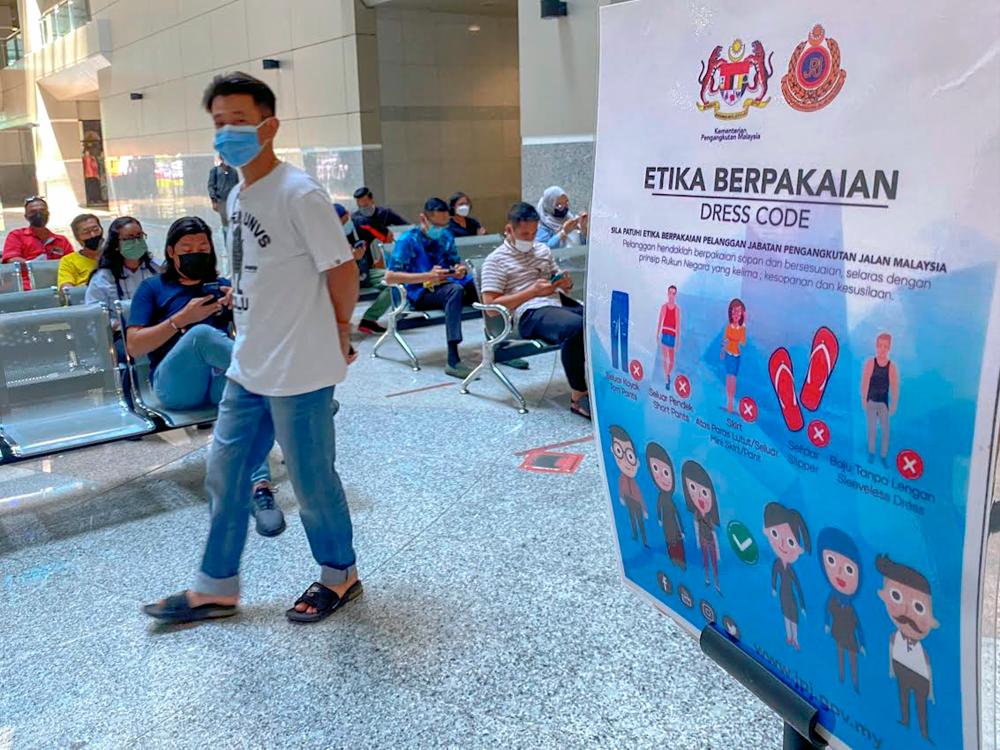PETALING JAYA: In 2015, Minister in the Prime Minister’s Department Azalina Othman Said said the government has no specific dress code for the public concerning visits to government departments and agencies.
She said only civil servants are required to follow dress codes and government staff are duty-bound to serve the public even if they are not dressed in formal attire since there are no laws or clear provisions under any Act stipulating dress codes. She added that government departments and agencies should not impose such guidelines on the public.
However, the public is still denied entry or services at government buildings and departments, seemingly at the whim and fancy of security guards or service counter staff.
In December last year, a man in shorts was handed a sarong to wear before being allowed into the Kuala Selangor Municipal Council office.
A 53-second video, which recently surfaced again on social media, showed the man putting on the sarong after being told to do so by a security guard. In another incident in January last year, a woman was denied entry to a police station in Kajang because she was deemed inappropriately dressed. She had gone there to lodge a report after being involved in a road crash.
Constitutional law professor Dr Nik Ahmad Kamal Nik Mahmood has called on the government to clear the air on dress codes once and for all, and to establish a straightforward set of guidelines that applies to everyone.
“There have been numerous cases of visitors denied entry into government offices for being dressed in attire deemed inappropriate.
“These issues have been happening far too often. Each time such incidents are reported or spread on social media, they prompt racial and religious issues, raising discussions about excessive enforcement of dress codes for the public at government offices and agencies.”
Nik Ahmad, who is also head of the Council of Professors law cluster, said he supports a dress code for government departments and agencies but it needs to be clear and concise.
“It is important to establish one clear rule that everyone should follow. Once the guidelines are in place, if someone does not follow them, the authorities can take action.
“Until then, the public has no reason to follow dress codes that are at the whim and fancy of security guards or others.”
However, he stressed the public should also have the presence of mind to wear proper attire when visiting government departments or private offices.
“Unless it is an emergency, we must always be properly dressed as it conveys professionalism and competence, and draws respect from others. There is no good reason for one to wear the same outfit to a supermarket as one would to a government department. I do not believe cultural background is an excuse not to dress appropriately when on official business in government departments.”
Nik Ahmad also said Malaysians should demonstrate maturity and tolerance, particularly regarding attire choices, considering the diverse cultural context of the country. Secondary school security guard Mohd Radzi Mohd Kassim, 57, said it is disheartening to experience disrespectful treatment from visitors, including some parents, when advised on appropriate dressing.
He said being subject to disrespectful behaviour from visitors undermines the ability of security guards to carry out their duties and has a detrimental impact on the school environment.
“Visitors need to realise security guards are also members of the school community and tasked with maintaining order and safety.”









